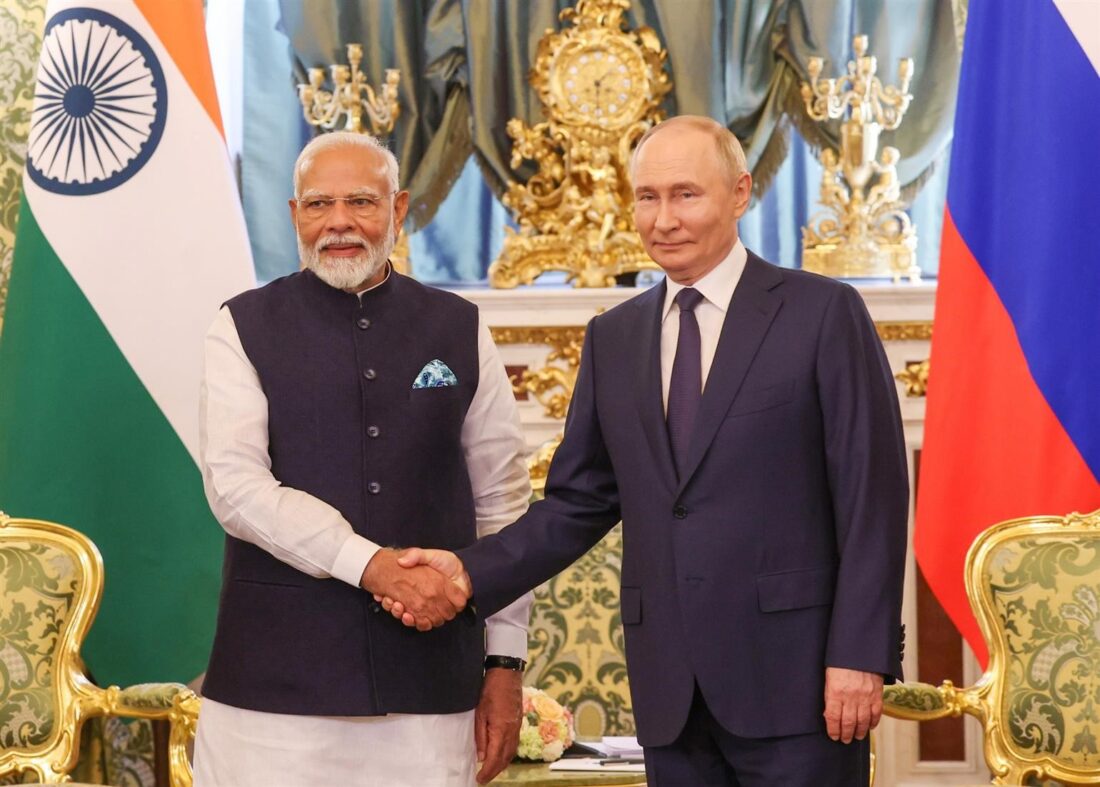North News
New Delhi, October 4
Union Cabinet, led by Prime Minister Narendra Modi, has approved the recognition of Marathi, Pali, Prakrit, Assamese, and Bengali as classical languages, the government said on Thursday. This decision highlights their historical significance and cultural importance as part of India’s ancient heritage.
The classification of “Classical Languages” was first introduced by the Indian government on October 12, 2004, with Tamil being the first language to be recognized. To qualify, languages must meet criteria that include a documented history spanning over a thousand years and the existence of a body of ancient literature considered valuable by its speakers. The literary tradition must also be original and not borrowed from other language groups.
The Ministry of Culture, through the Sahitya Akademi, established a Linguistic Experts Committee (LEC) in 2004 to assess proposals for classical language status. Sanskrit was recognized under the revised criteria in November 2005, which required a recorded history of 1,500-2,000 years and a distinct body of ancient texts. The criteria were later revised in 2024.
Maharashtra’s request for classical status for Marathi, submitted in 2013, was forwarded to the LEC. Other states followed suit, with Bihar, Assam, and West Bengal submitting proposals for Pali, Prakrit, Assamese, and Bengali, respectively. In July 2024, the LEC unanimously recommended these five languages for classical status under the updated criteria.
The Ministry of Education has already initiated several steps to support classical languages. In 2020, three central universities were established to promote Sanskrit, while the Central Institute of Classical Tamil was set up to facilitate research and translation of ancient Tamil texts. Centers for Excellence in Kannada, Telugu, Malayalam, and Odia were also created under the Central Institute of Indian Languages in Mysuru. These initiatives are aimed at preserving, promoting, and encouraging research into classical languages.
In addition to research initiatives, the government has instituted national and international awards to recognize achievements in the field of classical languages. The recognition of new classical languages is expected to create academic and research-related job opportunities, including roles in the preservation, documentation, and digitization of ancient texts.
The primary states involved in this recognition are Maharashtra (Marathi), Bihar, Uttar Pradesh, and Madhya Pradesh (Pali and Prakrit), West Bengal (Bengali), and Assam (Assamese). The broader cultural and academic impact of this decision is expected to resonate both nationally and internationally.
















